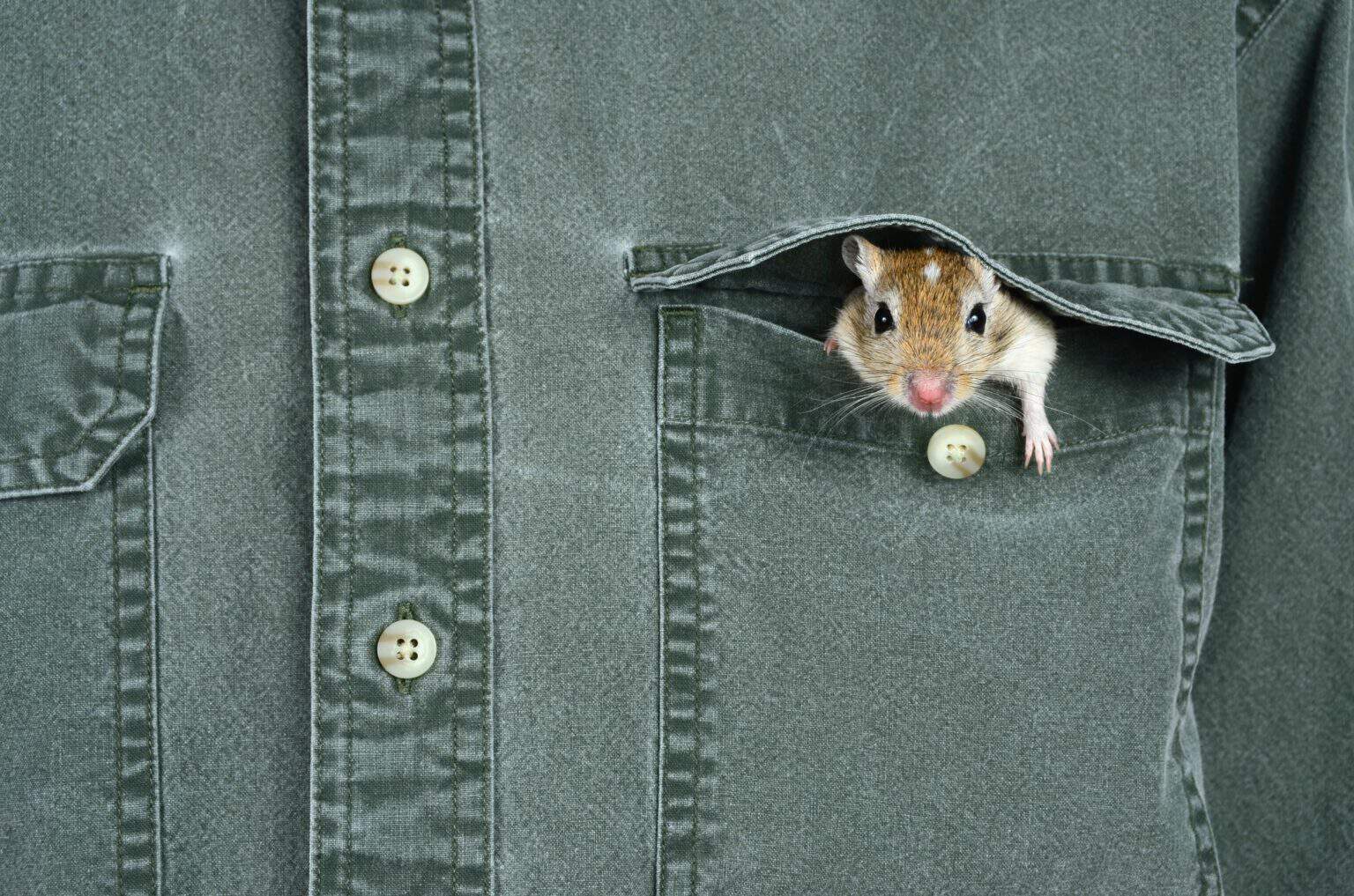Small Pets: What Are Pocket Pets?

At BEEVET Animal Hospital, we love taking care of creatures great and small—from big, slobbery dogs to pint-sized critters that you can hold in the palm of your hand. For many families, small pets fit perfectly into their lifestyles because they don’t take up much space and they don’t deposit pet fur all over the house. And many of these tiny companions make great pets for kids. If you’re thinking of adding a pocket pet to your household, read on for valuable tips from our team so you’ll be properly prepared to care for your new little family member.
Which Animals are Considered Pocket Pets?
The pocket pets category is comprised of small mammals representing a broad range of species with different habitat and lifestyle considerations.
Animals that can be pocket pets include:
- Gerbils
- Hamsters
- Guinea pigs
- Rabbits
- Rats
- Mice
- Hedgehogs
- Ferrets
- Sugar gliders
- Chinchillas
Do Your Homework Before Choosing a Pocket Pet
When deciding which pocket pet may be right for you, it’s important to consider all aspects of their care because many of these tiny creatures have unique dietary needs and/or housing requirements.
Consider each animal’s:
- Habitat requirements: Some pocket pets, like sugar gliders, need vertical space for climbing and require a larger cage. Small rodents, like mice and gerbils on the other hand, need plenty of bedding in which to burrow and tunnel. Satisfying your pocket pet’s needs for space, nesting, and exercise is critical for the animal’s quality of life.
- Social skills: Some animals are loners and do best when they have the habitat to themselves. Hamsters, for instance, will typically fight if sharing a space with other hamsters, whereas rats prefer communal living.
- Nutritional needs: Knowing the specific dietary needs of your pocket pet’s species is crucial. Guinea pigs, for example, need supplemental vitamin C, and hedgehogs and sugar gliders need insect-based pellet diets.
- Tolerance for interaction: Do you want a pocket pet you can cuddle, or would you rather admire your pet from afar? Some pocket pets enjoy plenty of interaction with people or other members of their species, while some (like hamsters) tend to bite. Carefully consider each animal’s temperament before choosing the one that’s right for you.
- Veterinary care: Is there a nearby pocket pets vet? Just because these animals are tiny doesn’t mean they don’t need routine checkups. Additionally, an appointment with your BEEVET Animal Hospital veterinarian gives you an opportunity to learn best practices for your pet’s housing, diet, hygiene, exercise, and behavior.
Adding a pocket pet to your household can be truly rewarding and enjoyable, and our team is here to help keep your new addition healthy. Please call us at (512) 263-9292 if you have any questions about caring for pocket pets or to schedule a wellness appointment.
